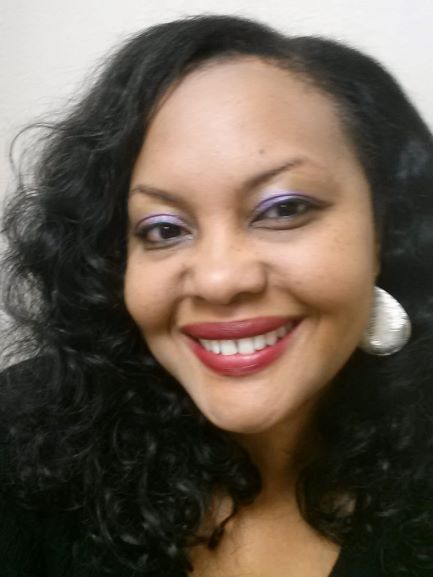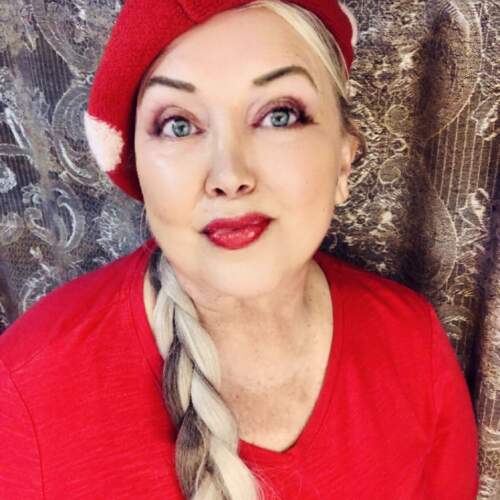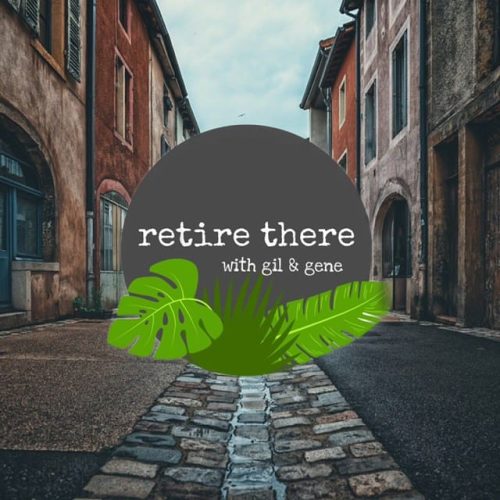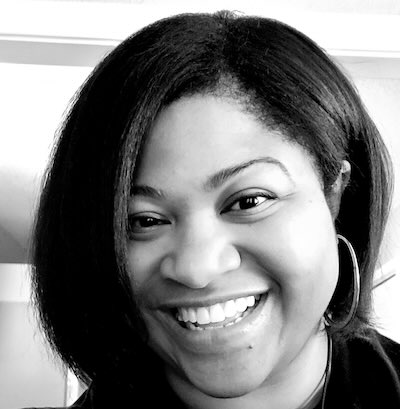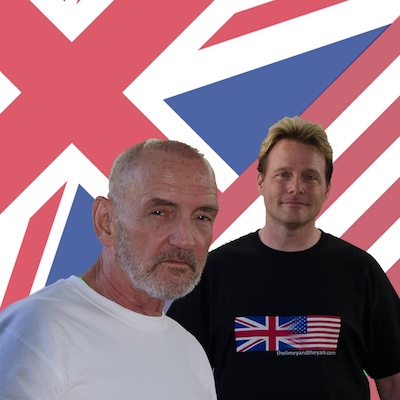It’s A Book Thing Presents: An Interview with Julie Federico author of Blackness is Creativeness
Author’s Bio: Julie Federico is an award-winning
children’s service author who writes books that help parents keep their kids
safe. She has written prevention books on
child abuse prevention, domestic violence prevention, school violence
prevention, race relations, and elementary friendships. She takes difficult adult topics and breaks
them down in a friendly and non-threatening way that preschoolers can
comprehend.
Julie believes knowledge is power and protecting your children is paramount.
Her books are for readers 0-9 years old. All of her books are illustrated in a
welcoming fish theme. Two of her seven
books have been translated into Spanish.
Julie is available for speaking engagements and loves to share the
powerful message of prevention. www.juliefederico.com and juliefederico@gmail.com
Deliah Lawrence: What inspired you to write your book?
Julie Federico: I have worked as a school
counselor for 30 years. I see how
domestic violence and child abuse greatly affect children. I have made it my life work to prevent
children from experiencing either of these life changing events.
DL: How do you overcome the challenges of writer’s block?
JF: When I have a block, I don’t go to my
computer I write in my journal. A
journal is less threatening than a laptop.
I just start writing and I do not re-read anything I wrote. I do not edit anything. I write a stream of Consciousness
thought. I don’t stop writing until my
thoughts are finished. I have learned
too many times that thoughts come only once; they do not reappear. One has to compose these thoughts or they can
be lost forever in the noise of our minds.
DL: What is your writing process?
JF: I sit down and write all of my stories in
one sitting. Of course, my books are
small so this is doable. I think about
what I am going to write for a long time before I write so the story is already
written in my head. I just transfer it
from my mind to text. When I start
writing I don’t stop. Stopping creates
drama. I just go with the theme.
DL: What obstacles did you encounter while writing this book?
JF: Many.
My own self was a big obstacle. I
almost talked myself out of it. I would
say to myself, “You have no formal training in race relations.” I have no training on race relations other
than what I have lived and witnessed. I
am not a race expert. I was willing to
put my fears aside to get this message out.
I think it is a good one. Formal
training does not make one a race expert.
Being aware and alert to problems does make one a semi expert. The voices inside of my head were
strong. I am glad they did not win. Race
is such a divisive topic I am very proud of myself that I completed this topic.
DL: What was the most valuable piece of writing advice you’ve ever been
given?
JF: I heard Alexandra Fuller give a book
talk. She wrote, Don’t Let’s Go to the Dogs Tonight: An
African Childhood. She said, “Write what you know.” This was a huge gift to me.
DL: What tips would you give to aspiring writers?
JF: Join a writer’s group. So much synergy happens in these groups you
will learn a lot! Don’t share your dream
of writing with everyone. Not everyone
will be supportive, ignore these people, don’t give them the animation to talk
you out of your goal. You don’t have to
know everything to start. You just need
to start. You can start today!
DL: What are three fun facts about yourself?
JF: 1. I had never met a vegan until I moved to Colorado. 2. I always see the glass as half full not half
empty. 3. Jerry Seinfeld is my soulmate!
DL: Would you like to share an excerpt from Blackness is Creativeness?
JF: Sure, here you go:
Because of unfair rules and ideas set by society, government, schools,
police departments and the court system, black people and other people of color
have been and are currently being mistreated.
This is called discrimination.
Black and brown people have been mistreated just because of the color of
their skin. This is always wrong. We are all the same on the inside, even
though our skin colors may be different.
Certain people should not have life privilege while others receive
mistreatment just because of the color of their skin. This needs to change in
our society. Remember, the only reason our outsides look different is because
God created us in a variety of beautiful skin tones. I think children can start
to solve this pervasive problem easier than adults can. Children see these
problems as solvable, children as not afraid to talk about race issues.
Children by nature do not discriminate; this is why they are the perfect group
to help end this problem. Adults can
learn a lot from you if they will stop and listen. I want to empower you to begin the end of
discrimination in our country. There is
no greater work you could be doing. I encourage
you to help end discrimination today and every day. We need more acceptance of all races to make
our world a better place! Would you like
to join me in this important work? I am
so happy you said, “Yes!”
Together, we can end racial discrimination and make positive
changes.
I struggled with the right words for this book, knowing I would
encounter criticism for what I did not mention:
Police brutality, Breonna Taylor, George Floyd, and institutional
incarceration, just to name a few. This
was intentional, though. As a child’s
first book on race relations, I wanted to begin the conversation in an age-appropriate
manner. I wrote this book for preschoolers and elementary students. Ideally, you will have many conversations
with your child about race over the years.
These conversations will change as your child gets older. When we can
teach a community of 2-year-olds to identify and define discrimination, we are
onto significant societal change! My goal is to introduce the subject and get
the conversation started.
DL: What new projects are you currently working on?
JF: I have been so busy that I have not really
marketed Blackness is Creativeness. I want to start working on this as soon as
possible. You are helping me by allowing
me to be a part of your blog. This is
the first blog featuring Blackness is
Creativeness. Thank you, thank you.
DL: Where can readers learn more about you and purchase your book(s)?
JF: Readers can get more information here:
- Website: www.juliefederico.com
- Amazon Author Page: Amazon.com: Julie K. Federico: books, biography, latest
update - Facebook: (20+) Facebook
- Instagram: Author
Julie Federico (@julie_federico2) • Instagram photos and videos - Book Buy Links: www.juliefederico.com
DL: Thanks so much for being here with us
today. I know my readers will enjoy getting to know you and your work.
JF: Thank you!
Originally Published on https://vocalexpressions.blogspot.com



